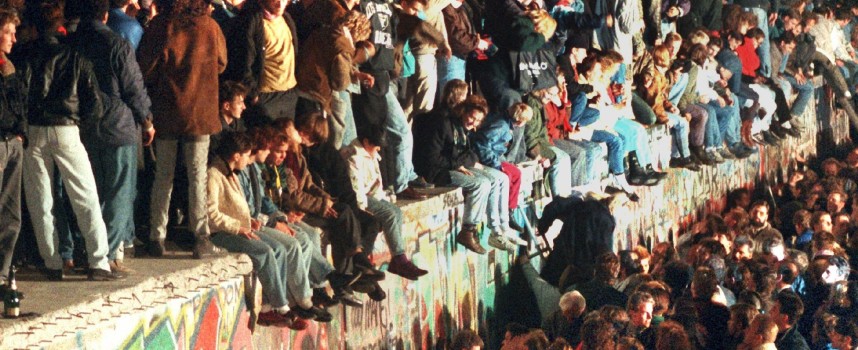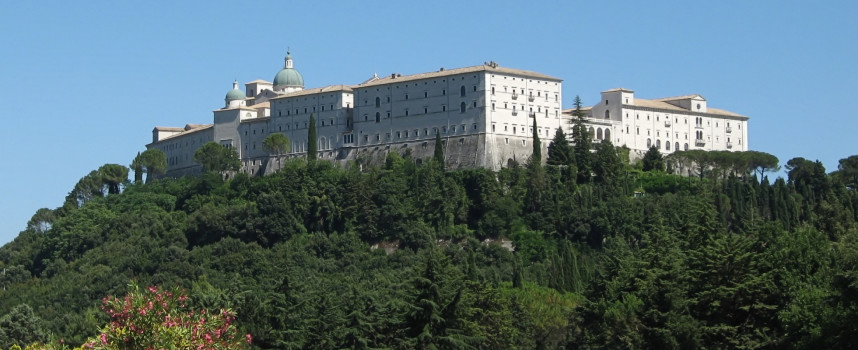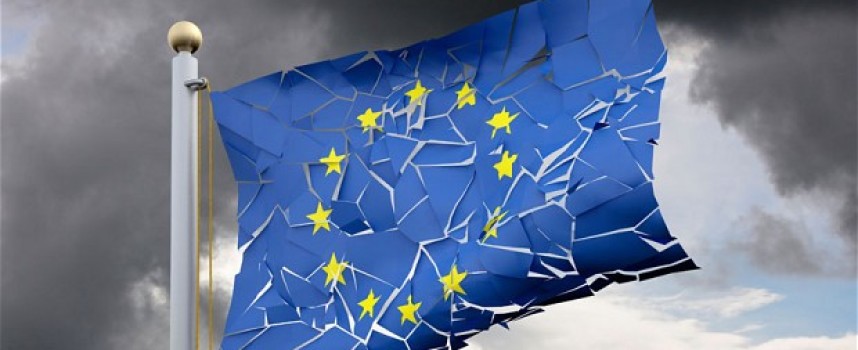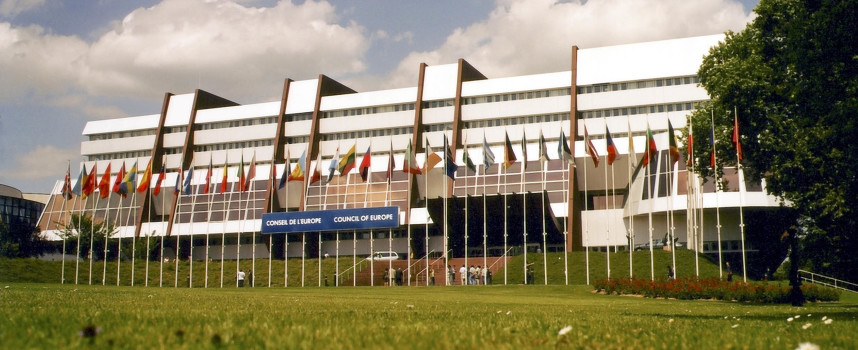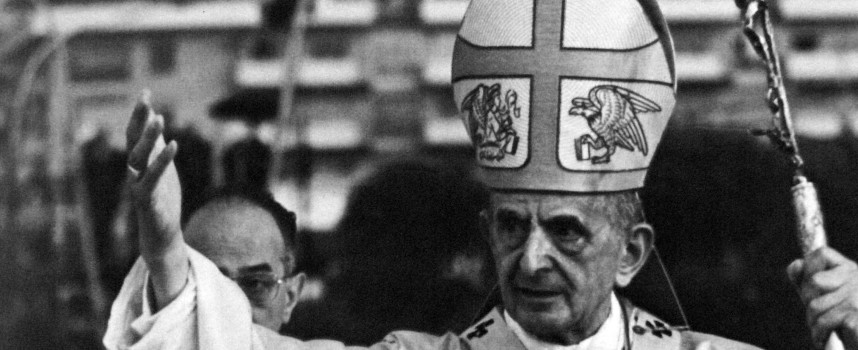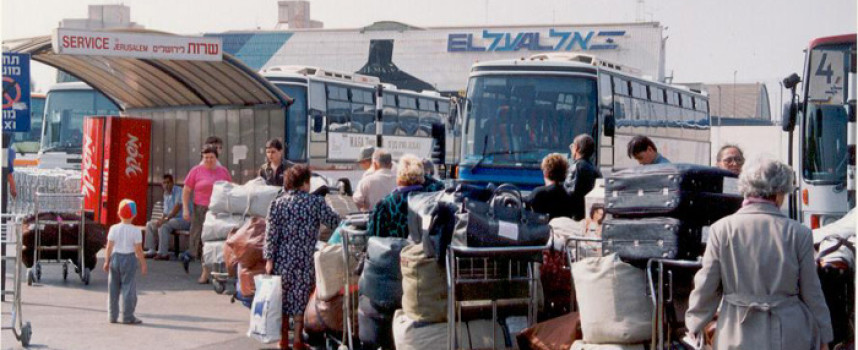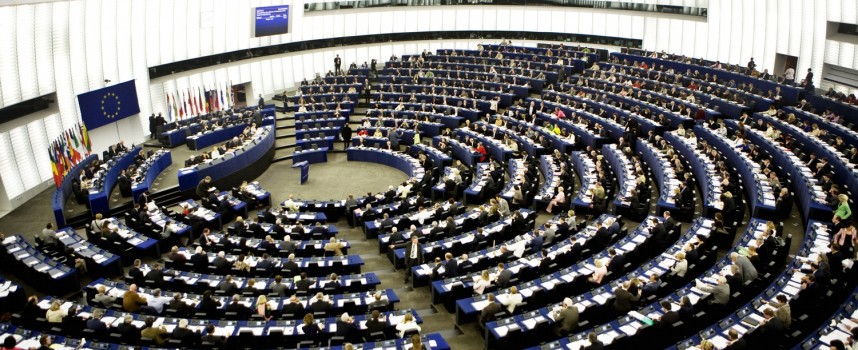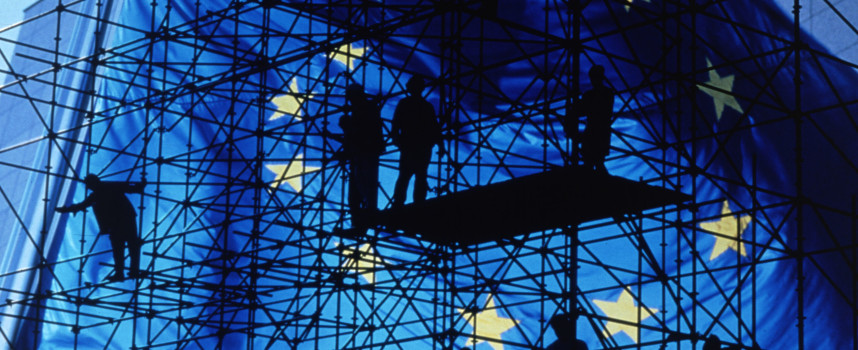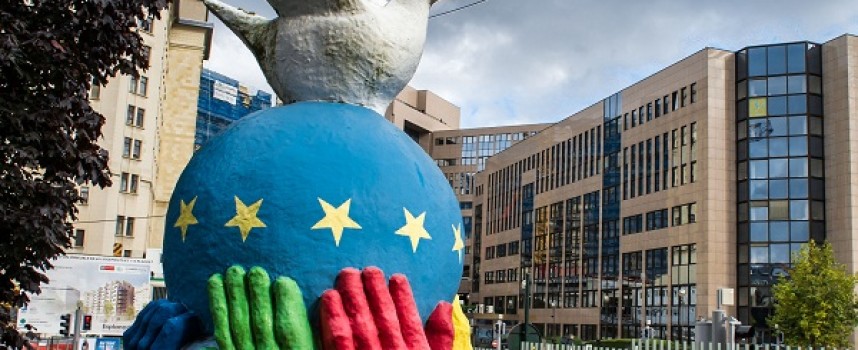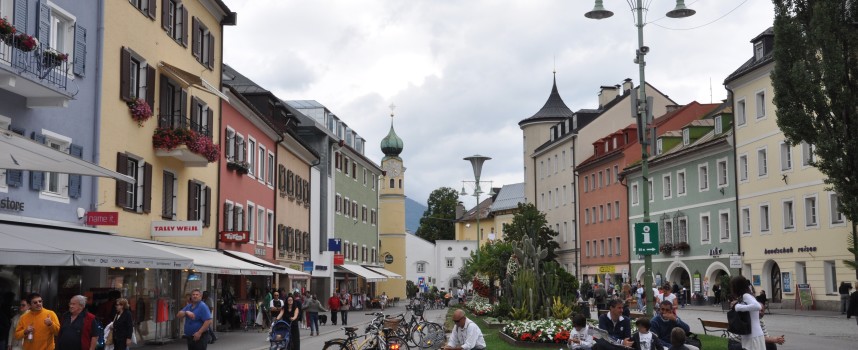The future of Europe
EN | FR | IT – Berlin celebrates the 25th anniversary of the fall of the “wall of shame”, November 9, 1989. Back on a highly symbolic event, which marked the end of the “Cold War” and the division of Europe in two blocks, one communist, the other Democratic.
EN | IT – Fifty years ago, from Montecassino, Paul VI called “all men of good will” to recompose the “absolute beauty… broken through a maze of historical events” through the book to bring back a taste for knowledge, through the plough to inspire in men “loving care of order and justice that forms the foundation of true society”, and through the Cross, through Faith, to give “consistency and growth to the ordering of public and private life”.
Europe is longing for life, yet it is tired, empty. It is half-expectant, half-disconsolately resigned. To recover from such depression, our continent needs to find, again, the meaning of being together, the value of time, of silence, of listening, of working and of accepting, as Benedict used to teach.
EN | IT | DE – The only way that feels even remotely certain is the one that makes the roots of Europe fertile again, the one that acknowledges, respects and promotes the forces that make Europe’s identity. So everyone, proud of their roots, will also feel proud, again, to give Europe the best of its inherent values, its specific traits and features. This is the reflection proposed for the tenth International Forum of the Aquileia Euro-Region (Udine-Italy, 23-24 October 2014), about “Europe without Europe. Crisis in Europe or Europe in crisis?”.
EN | DE | IT | FR – On November 25th, Pope Francis will be in Strasbourg to address the two main European institutions. As Pope John Paul II did before him in 1988, he too will address the Parliamentary Assembly of the Council of Europe and the European Parliament. But so many things have changed in the 26 years since the Polish Pope’s epoch-marking visited those institutions, which were still ruled by Western Europe back then! Impatiently can we now look at Strasbourg and see whether Pope Francis has a vision for Europe, and what such vision is like.
EN | IT | FR | DE – “Pius XII greeted St. Benedict as the ‘Father of Europe’ because he inspired the peoples of this continent with the loving care of order and justice as the basis of true sociality”. This passage is taken from the Apostolic Letter Pacis nuntius by means of which Paul VI, on October 24, 1964, proclaimed St. Benedict of Norcia the “main patron saint of Europe”. Today we celebrate the 50th anniversary of the publication of this Apostolic Letter. There are six patron saints of Europe by now: St. Benedict was joined by Cyril and Methodius, Catherine of Siena, Bridget of Sweden, and Therese Benedicta of the Cross, whose original name was Edith Stein.
EN | IT | FR – In Hebrew it is called “aliyah”. Translated with the Italian word “ascent”, it is the pilgrimage of Jews to Israel. In recent months, from many European countries, including Belgium, Holland, and Germany, but especially from France, there has been an uninterrupted exodus of Jews towards the land of their ancestors. According to figures produced by the Israeli Ministry of Integration, between January 1 and August 31, 2014, 4,566 migrants were registered as departing from France, followed by those from Ukraine (3,252), Russia (2,632), and the United States (2,218).
EN | DE | IT | FR – On 11th September it was announced by the European Parliament that Pope Francis has accepted the invitation of President Martin Schulz to address the European Parliament during its plenary assembly in Strasbourg on 25 November 2014. We publish Cardinal Reinhard Marx’ welcome at the announcement of Pope Francis’ visit to the European Parliament.
EN | IT | FR – In his article “Mai 2014: la crise populiste de l’idée européenne”, published on the September issue of the magazine “Études – revue de culture contemporaine”, Dominique Reynié, a University Political Science professor in Paris, traces an analysis of the results of the latest European elections of May 2014. Although the majority of the electors voted in favor of the pro-Europe coalitions (69,3%, minus 10 points compared to 2009), according to Reynié, the “incontestable populist drive” marked by the vote underlines how the “European project lacks a clear objective and a leader”.
EN | IT | FR – While today in Europe Ukraine risks to be attacked and in the Middle East blow strong winds of war, while tens of thousands of refugees land on the southern border of the continent in order to seek refuge, while skepticism invades the hearts of many Europeans, while the minds of many politicians are obstructed by arrogance and distrust, while institutions are blocked by the parasitism of the techno-bureaucracy, we need to resume the heroism of things possible, of dynamic hope and work for peace.
EN | IT | DE – Developing a partnership which can promote friendship between the peoples of Central Europe and make the meeting and cultural exchange easier: this is the aim of the Cultural Association “Mitteleuropa”, born in Friuli, October 26th, 1974.
From the beginning, the Association is characterized by a mission of social solidarity that could strengthen the bonds of brotherhood and coexistence with neighbouring peoples, as stipulated in its Statute, above the old borders as well as the new ones, and then expand project horizons to the whole of Central Europe.

